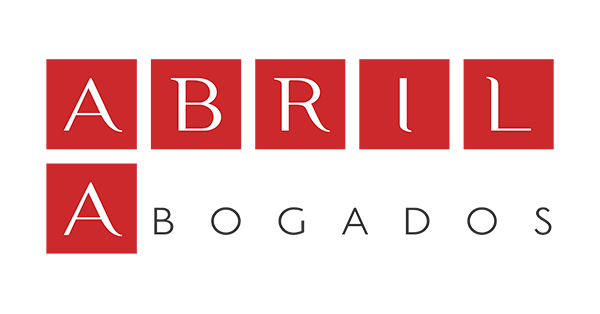 The EU has managed to reach a consensus on global regulations on artificial intelligence (AI), launching the first legislative proposal of this type in the world, becoming a possible global reference for regulating AI in other jurisdictions.
The EU has managed to reach a consensus on global regulations on artificial intelligence (AI), launching the first legislative proposal of this type in the world, becoming a possible global reference for regulating AI in other jurisdictions.
Although its full implementation is not expected until the end of 2026, the draft Regulation aims to ensure that AI systems introduced on the European market are safe, reliable, and respect fundamental rights and EU values, while also stimulating investment and innovation in this area.
The approach adopted is based on risks, adopting stricter standards the greater the potential to harm society. Thus, the law affects generative AI models, such as ChatGPT, imposing on “high-impact” models obligations such as risk assessments, incident reports and cybersecurity guarantees.
There have been intense negotiations around remote biometric identification by law enforcement authorities in public spaces, establishing strict limits and conditions for its use.
Furthermore, regarding the sensitive aspect of intellectual property, the law requires that AI systems and models respect transparency requirements and comply with EU copyright regulations.
Isabel García
Lawyer

